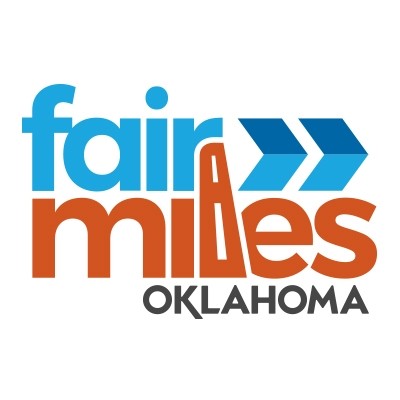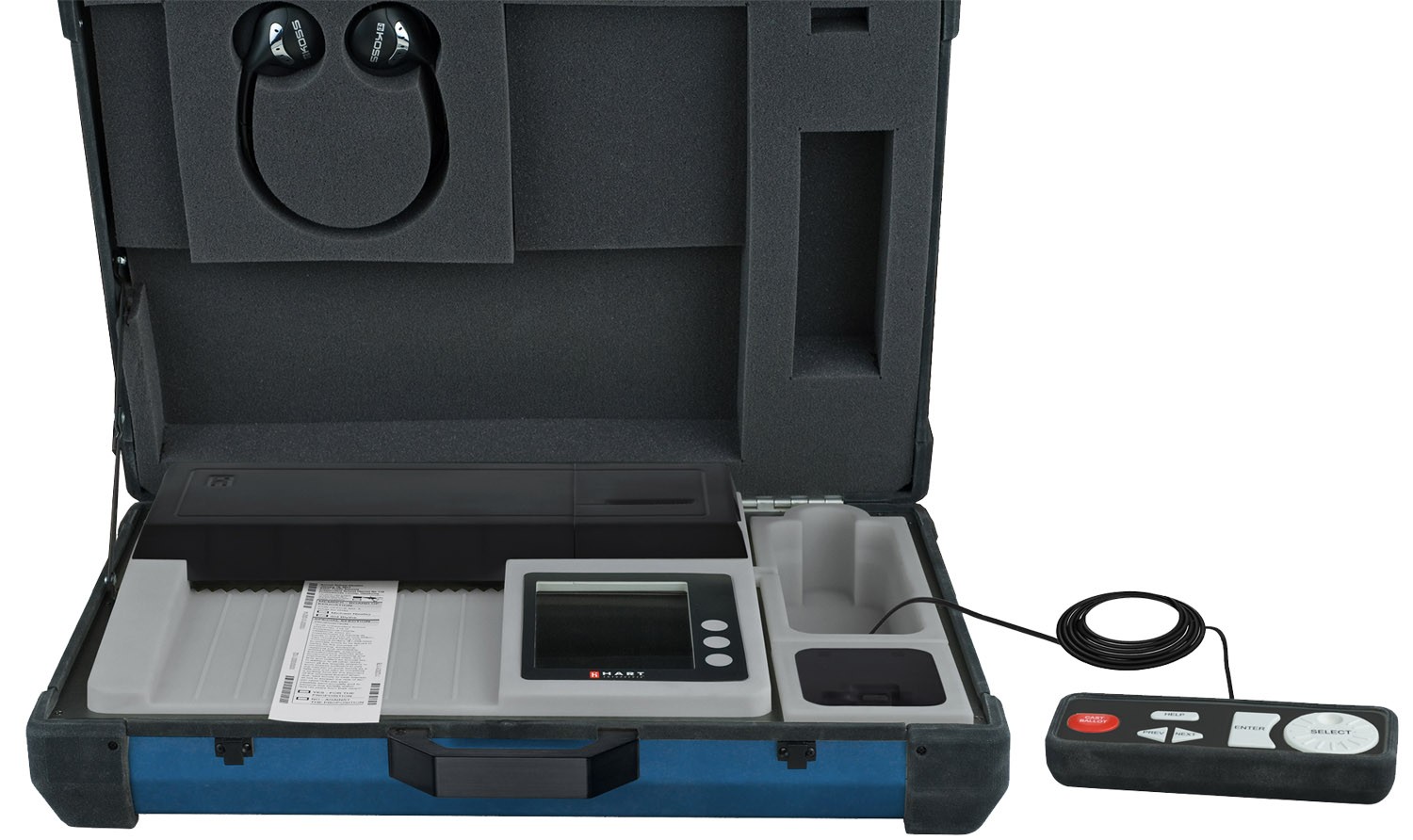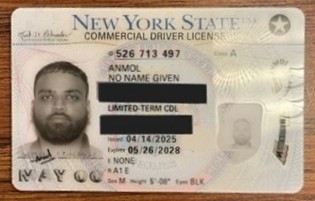Pictured: Oklahoma Turnpike Authority moves to cashless toll system.
Cashless Turnpikes Encounter Obstacles
The Oklahoma Turnpike Authority operates 630 miles of highways and is in the process of converting all 12 turnpikes to cashless tolling through the PlatePay program. On July 25, 2021, toll collection booths and kiosks on the Kilpatrick Turnpike in the Oklahoma City metro area were closed and replaced with the new cashless system. Nine turnpikes are now cashless and the three remaining turnpikes – Turner, Will Rogers and Indian Nation turnpikes – are scheduled to convert to cashless tolling by the end of 2024.
The OTA cites safety issues associated with vehicles stopping to pay cash tolls as the prime reason for elimination of the cash system. “PlatePay helps create a free flow of traffic and eliminates sudden speed changes when motorists maneuver lanes to stop at a toll booth and then re-enter high-speed traffic,” OTA said in a media release. “Eliminating these conflict points significantly increases safety on Oklahoma’s turnpike system, which saw more than 500 crashes at tolling booths in the past six years systemwide.”
Prior to initiating the cashless system, users of the turnpikes either stopped to pay at a toll booth or toll collection kiosk, or used a PikePass. With the PikePass program customers are provided a PikePass device when they establish a pre-paid toll account. The PikePass device is mounted to the interior windshield of the vehicle which communicates with roadside equipment installed on the turnpike system. As the customer travels through these locations, the roadside equipment communicates with the PikePass device through the use of radio frequency technology. The system “reads” the PikePass and links to the customer’s account and deducts the toll charges.
When a turnpike is converted to the cashless system, the tollbooths or toll collection kiosks are eliminated and replaced with cameras at the toll plazas which take a photo of the vehicle’s license plate as the vehicle passes through. If the vehicle has a PikePass, the account is charged as usual. But, if the driver does not have a PikePass, OTA mails an invoice with the charges to the registered owner of the vehicle. The PlatePay rate is higher than the PikePass rate, often twice what a PikePass customer pays.
The OTA has experienced many flaws with the PlatePay system. The problems range from getting a usable photo of the license plate, to linking the picture to a billable owner.
Sometimes the camera takes a picture, but the license plate is obscured. This might be because the vehicle is pulling a tall trailer, the tailgate is down on a pickup, or there is mud, snow or something on the license plate that blocks the image on the plate. It is estimated that the loss of toll revenue due to obscured license plates will be nearly $10 million per year.
However, the biggest problem are the readable license plates that cannot be linked to billable information. Newly purchased vehicles with temporary paper tags are not billable because they are not yet registered to an owner. The OTA estimates the loss due to the temporary paper tags at $7 million per year. But, an ever bigger problem relates to the license plates issued by Native American Indian Tribes.
There are 39 federally recognized tribes in Oklahoma, and 33 of the tribes offer license plates to their members which substitute for the State of Oklahoma tags. But, only three of the tribes have compacts with the state of Oklahoma authorizing tribal vehicle license plates – Cherokee, Choctaw, and Chickasaw – and only the Choctaw and Chickasaw tribes process the tags through the State of Oklahoma tag system. The Oklahoma Department of Public Safety estimates there are over 570,000 vehicles on Oklahoma roads that have license plates issued by the 30 non-compacting tribes.
Most of the tribes do not share registration information with the OTA and that will result in the loss of an estimated $11 million per year in turnpike tolls. While some tribes share vehicle registration information with the state through the Oklahoma Law Enforcement Telecommunications System, that system is restricted to law enforcement purposes and cannot be accessed by the OTA. The OTA is endeavoring to enter agreements with those tribes to share the vehicle registration information for the PlatePay system.
While the Cherokee Nation has a compact with the state authorizing the tribal vehicle tags, it does not run the registrations through the state tag system, opting instead to operate their own registration system. It does not share the registration information with the OTA. The Cherokee tribal tags accounts for about a third of the unbilled tribal PlatePay tolls. Principal Cherokee Chief Chuck Hoskin Jr. said the tribe wasn’t aware of the issue until recently and issued a statement saying: “The Cherokee Nation has committed to working with Service Oklahoma and DPS to assist with implementation of the PlatePay system.”
On August 10, Governor Kevin Stitt sent a letter to Hoskin with an offer of a one-year extension of the car tag compact. The extension proposal includes identical material terms to the compact that has been in place for the past ten years, but also includes a clause updating language for the OTA for the PlatePay system.
As file sharing agreements are worked out with the tribes, the OTA will gradually be able to send invoices to tribal tag owners using PlatePay. But, that does not solve the other unbillable losses. Meanwhile the OTA is providing an online pay option which allows turnpike travelers to voluntarily register their tribal or temporary license plate in the PlatePay system.














Latest Commentary
Thursday 30th of October 2025
Thursday 30th of October 2025
Thursday 30th of October 2025
Thursday 30th of October 2025
Thursday 30th of October 2025
Thursday 30th of October 2025
Thursday 30th of October 2025
Thursday 30th of October 2025
Thursday 30th of October 2025